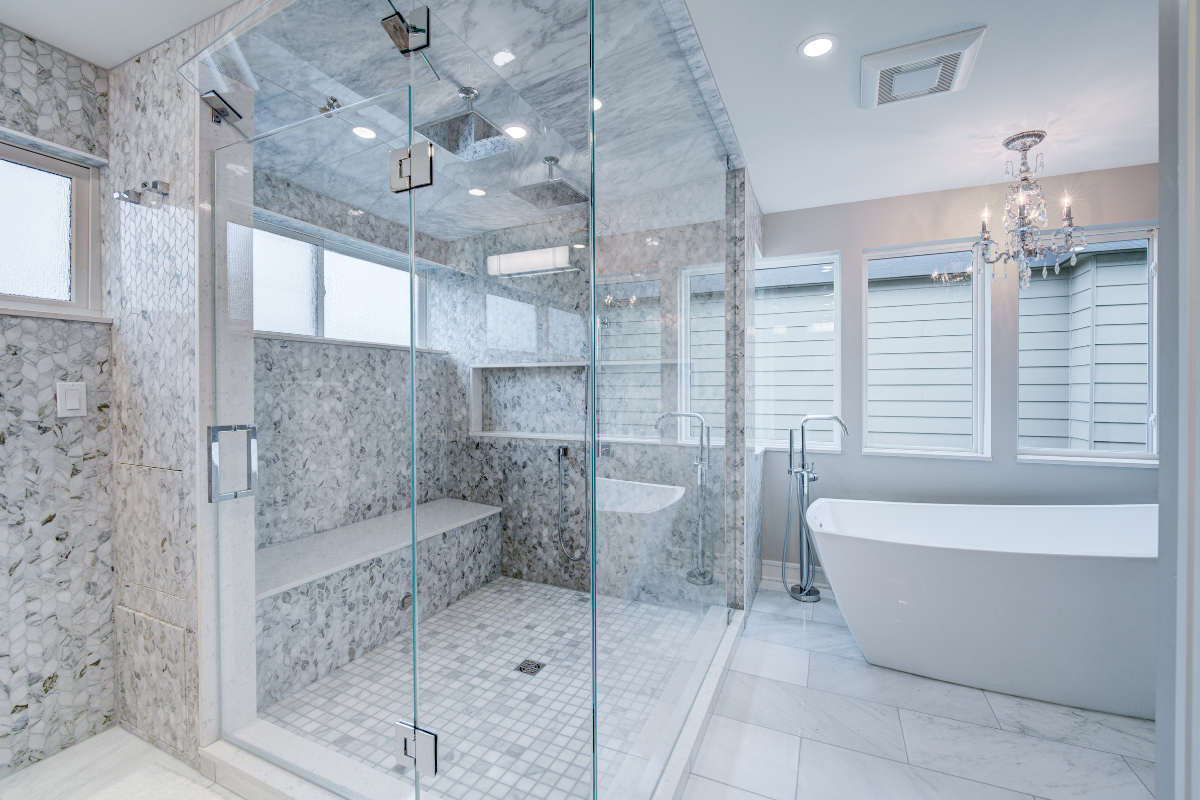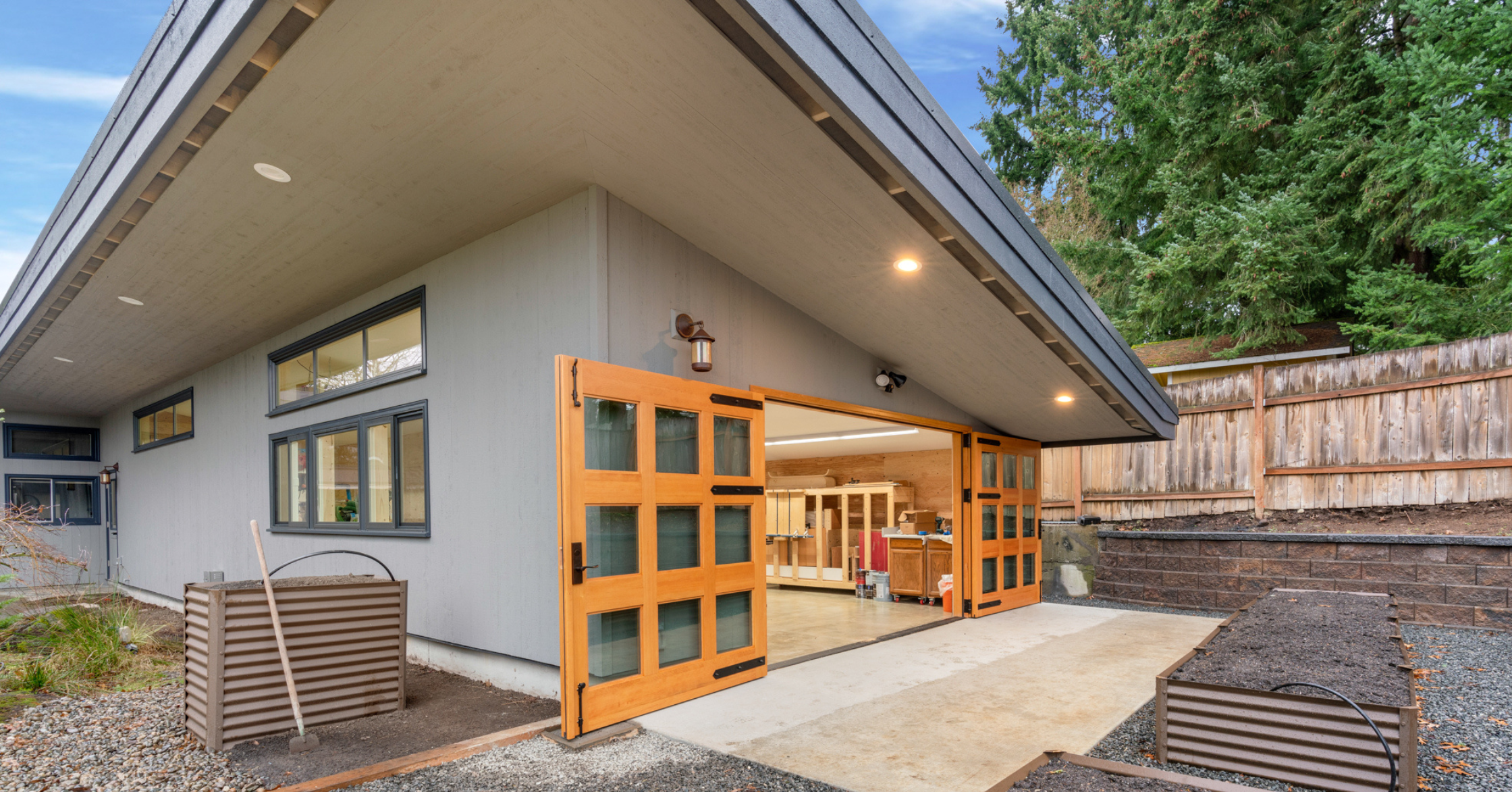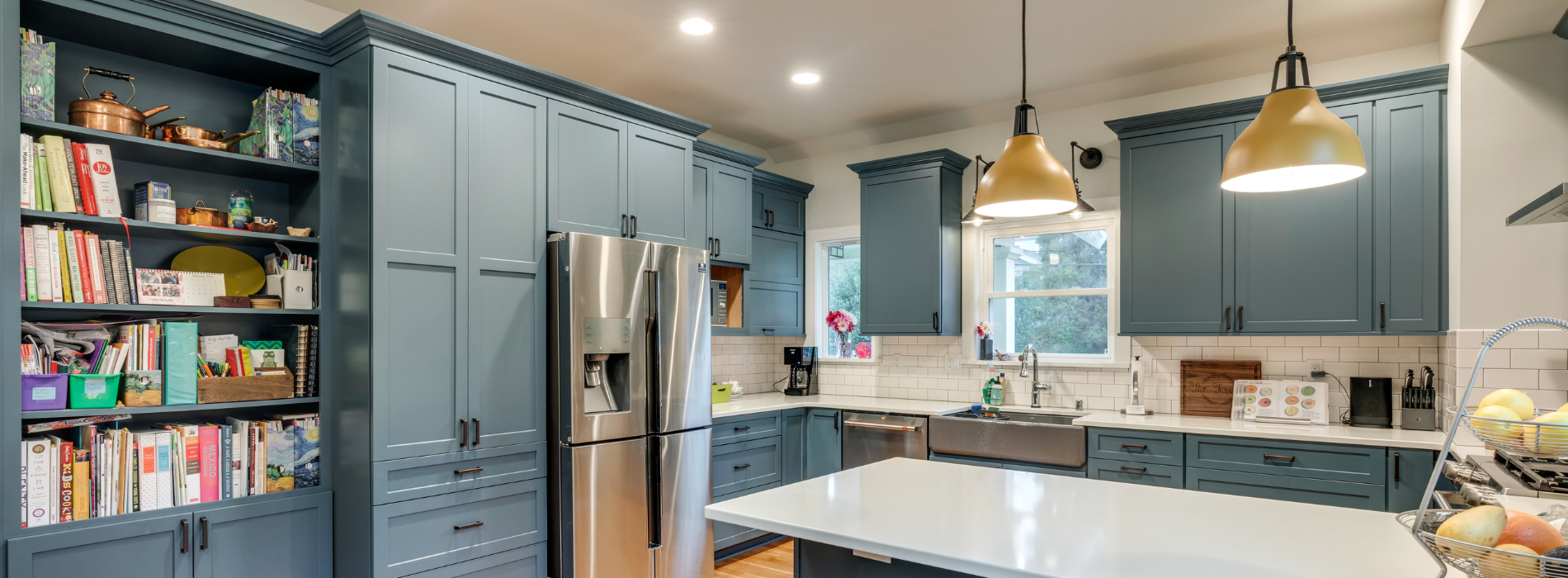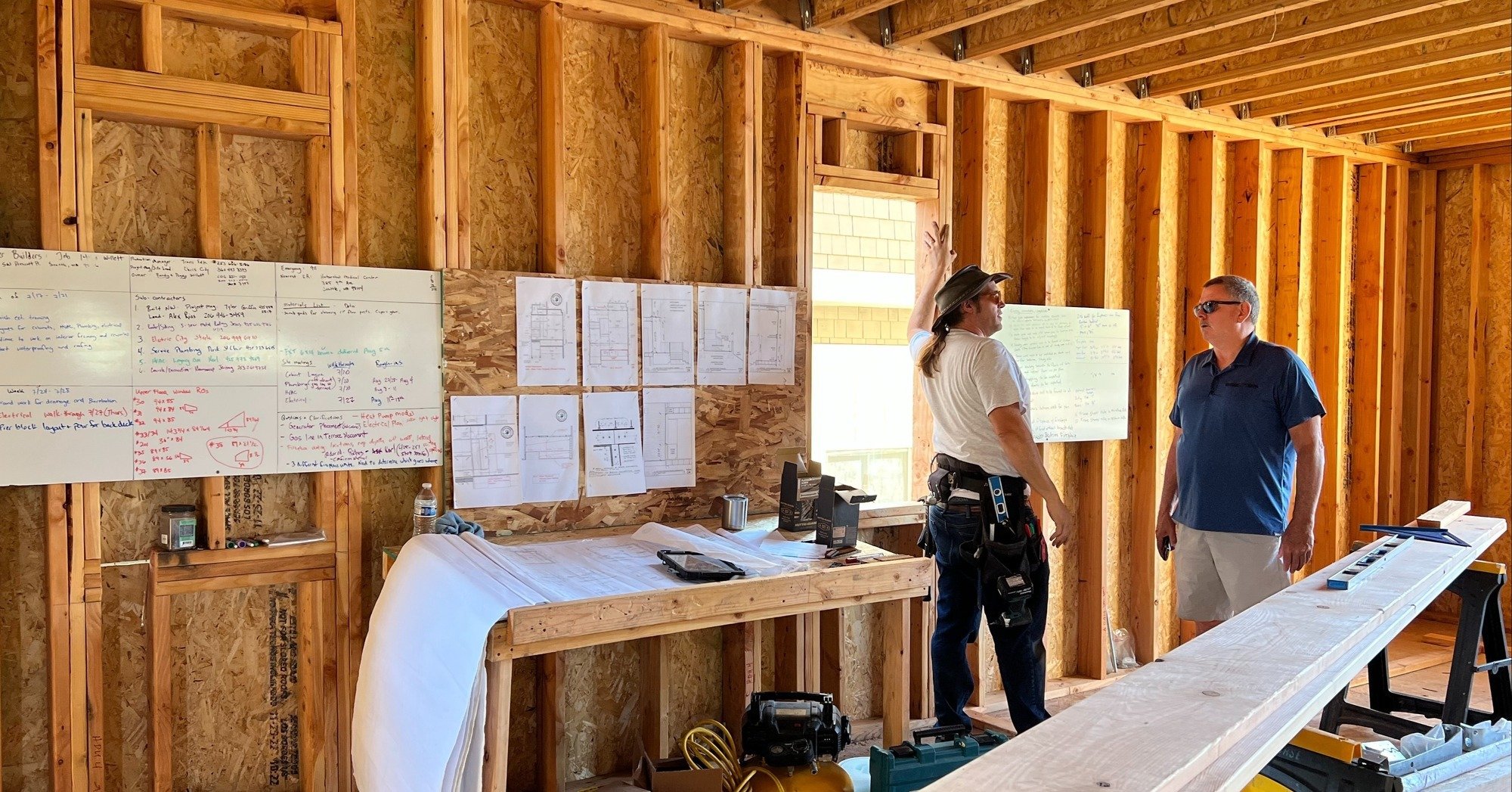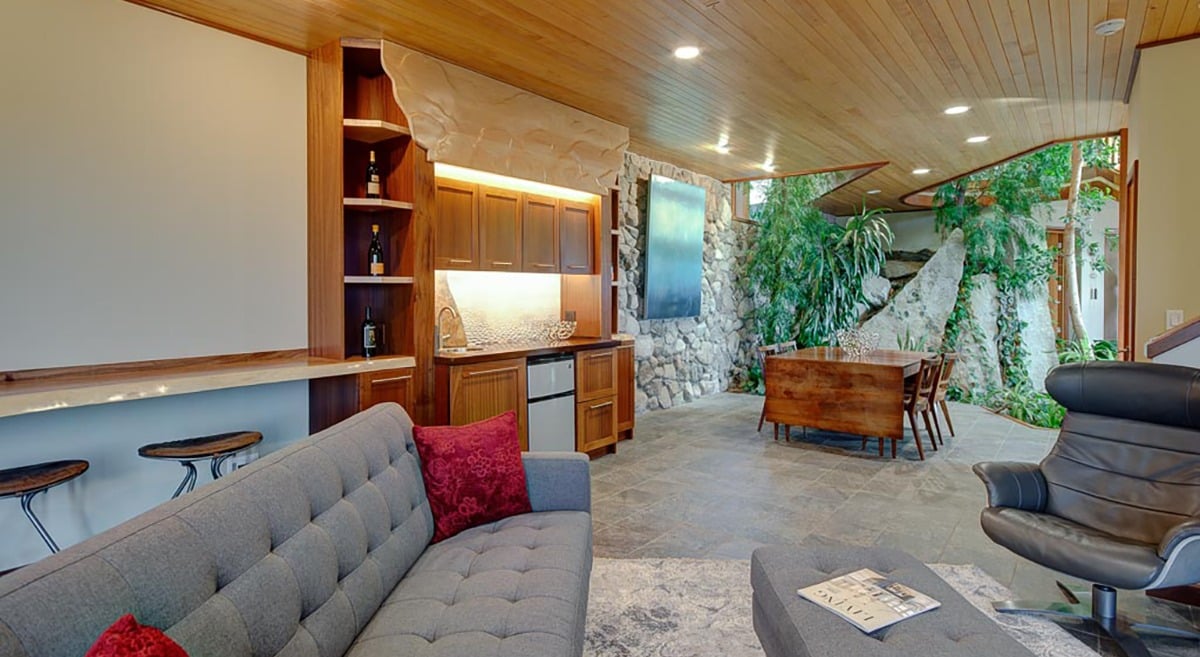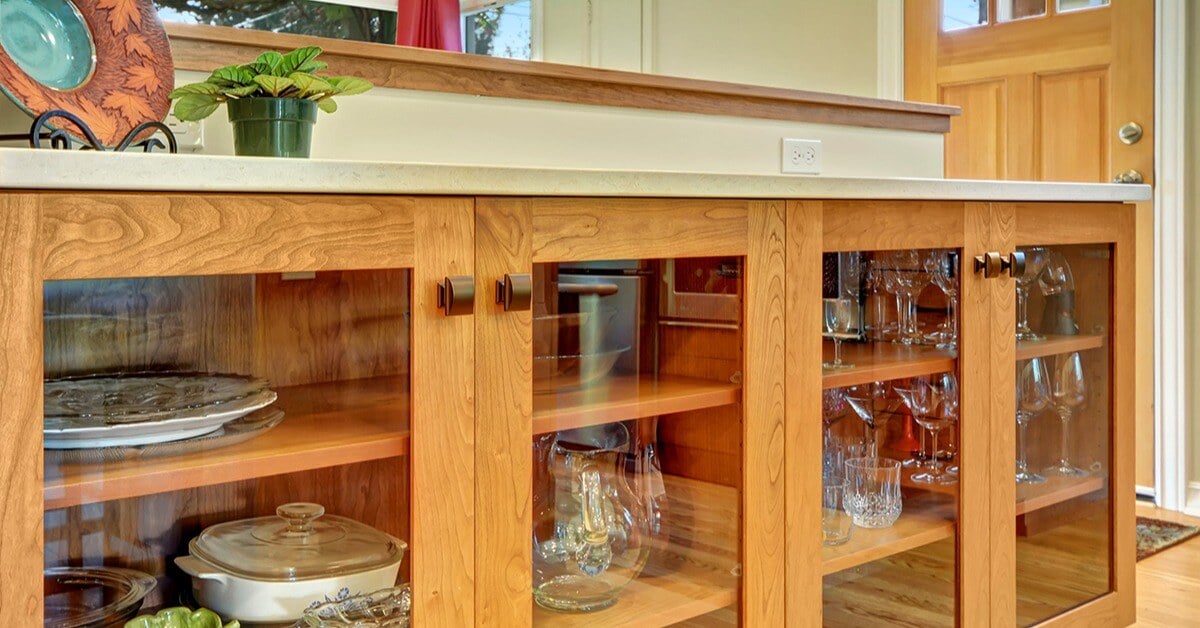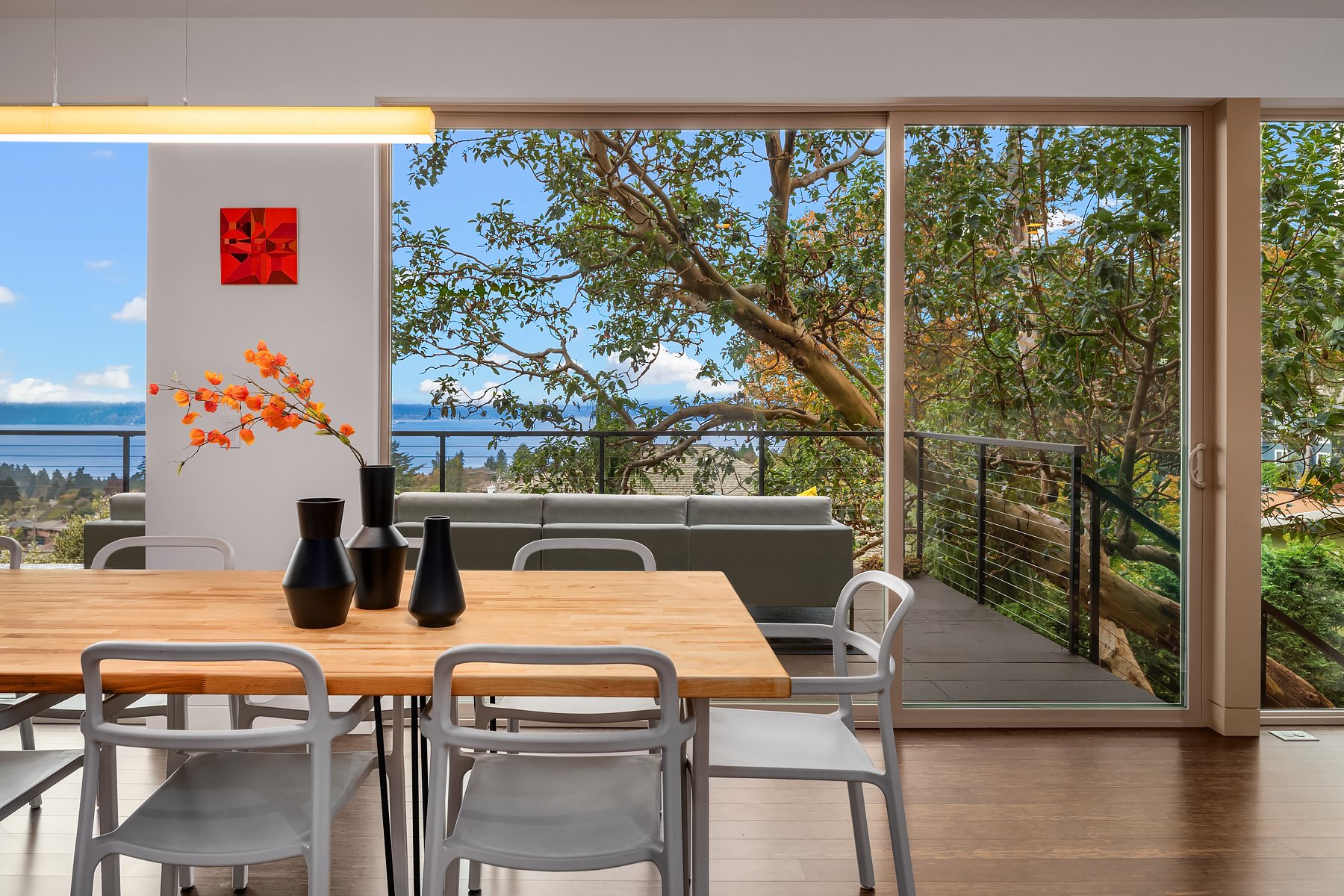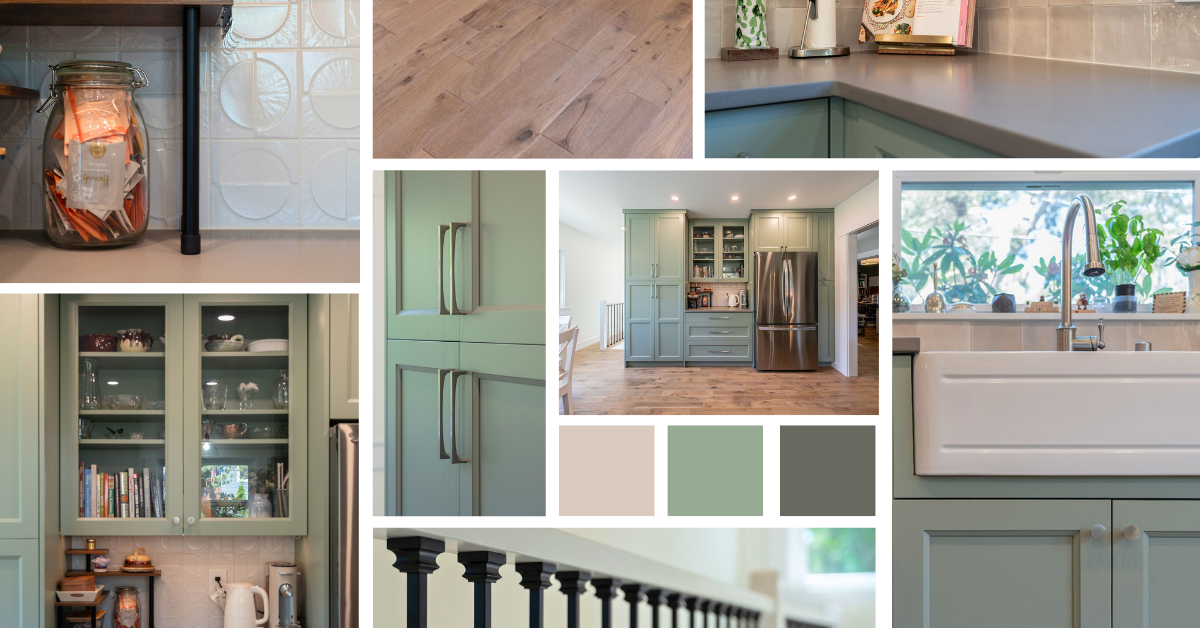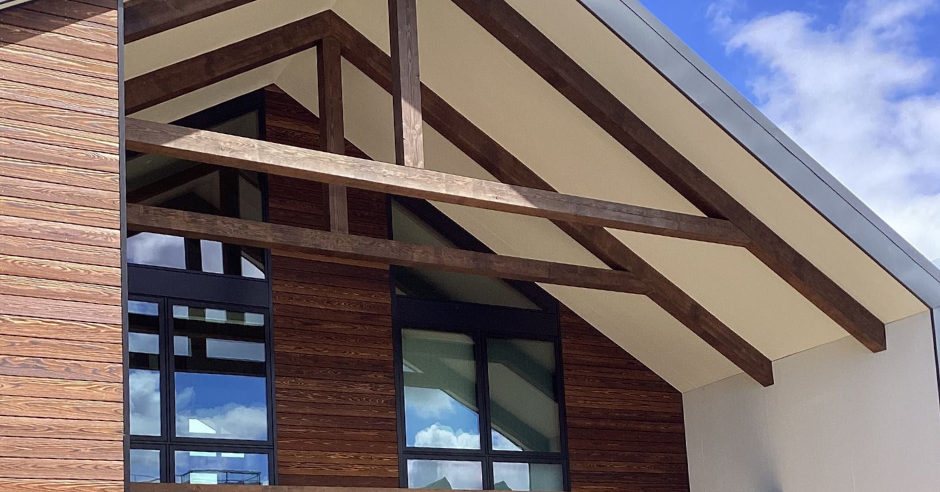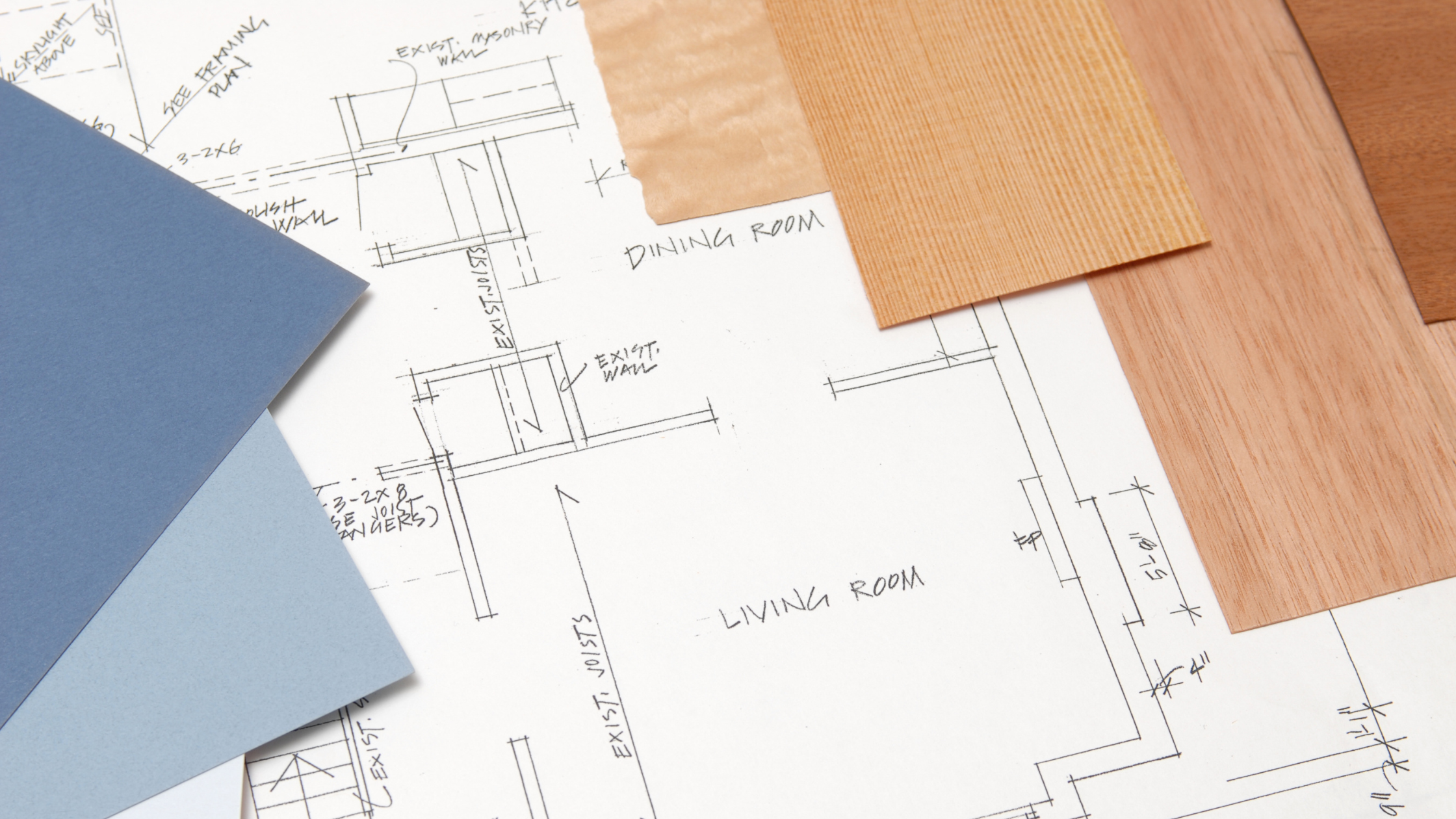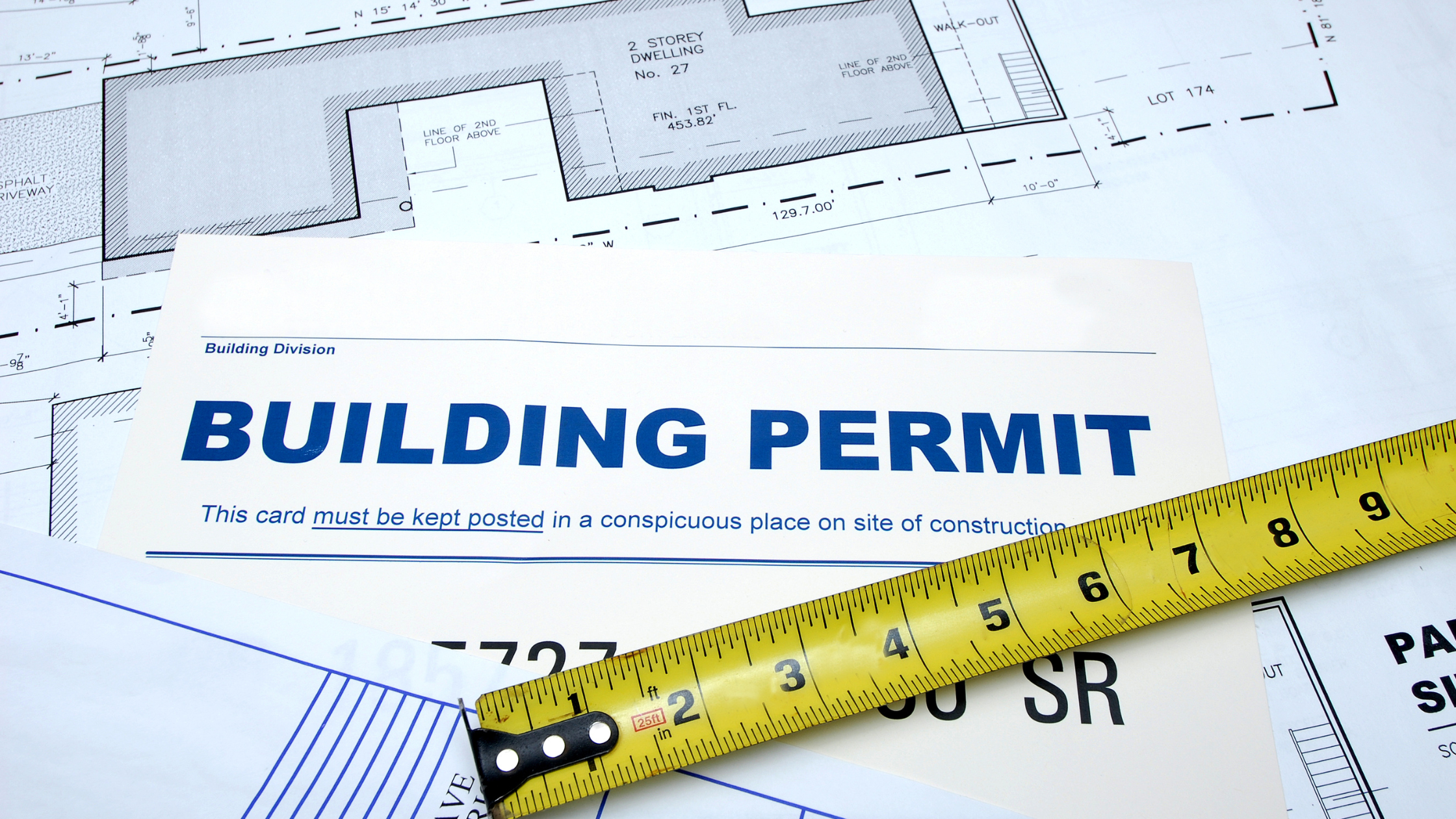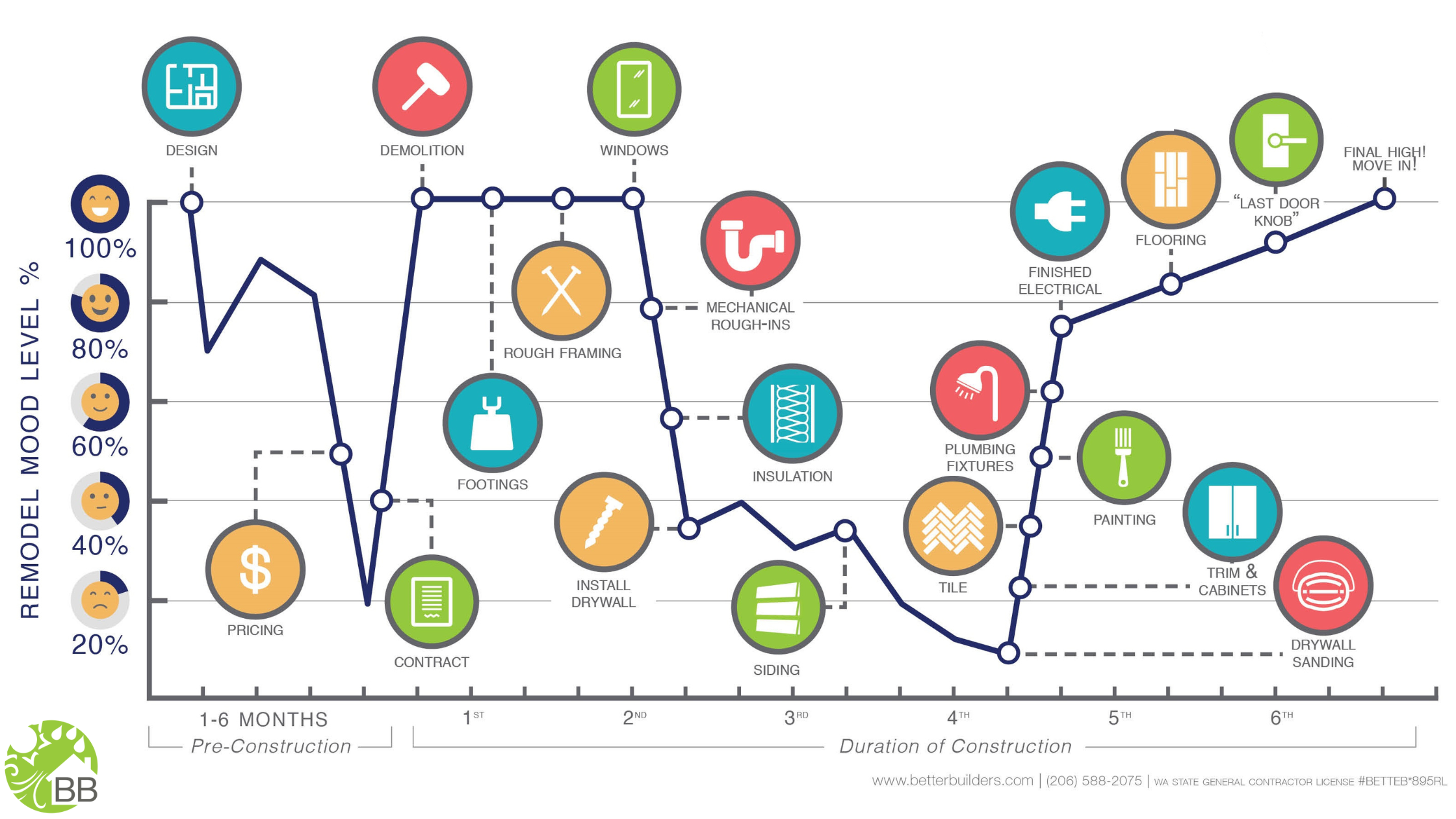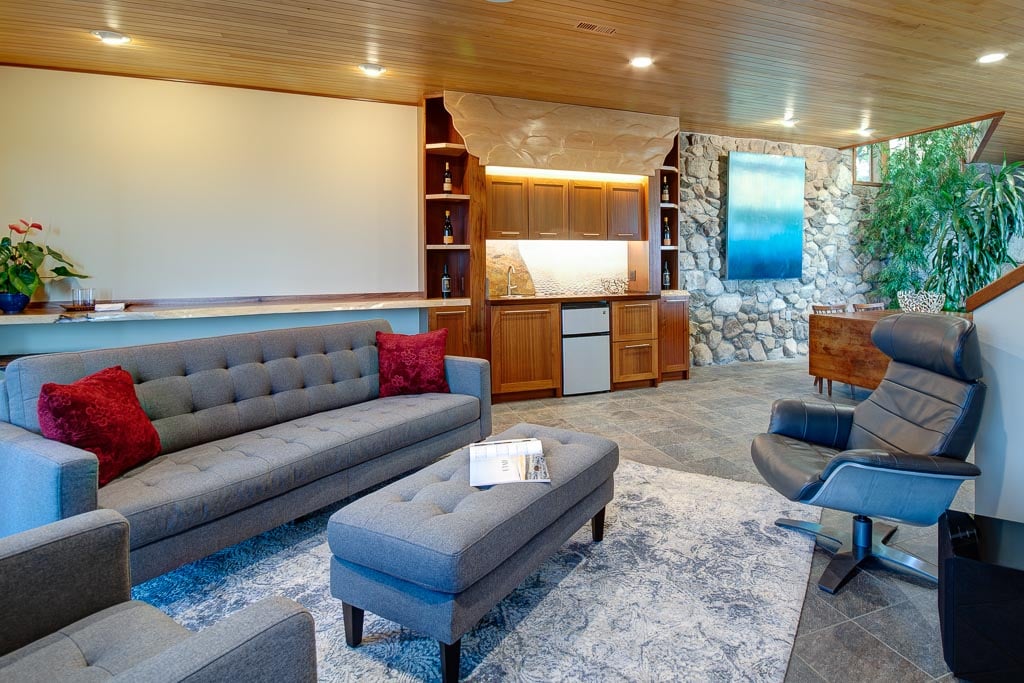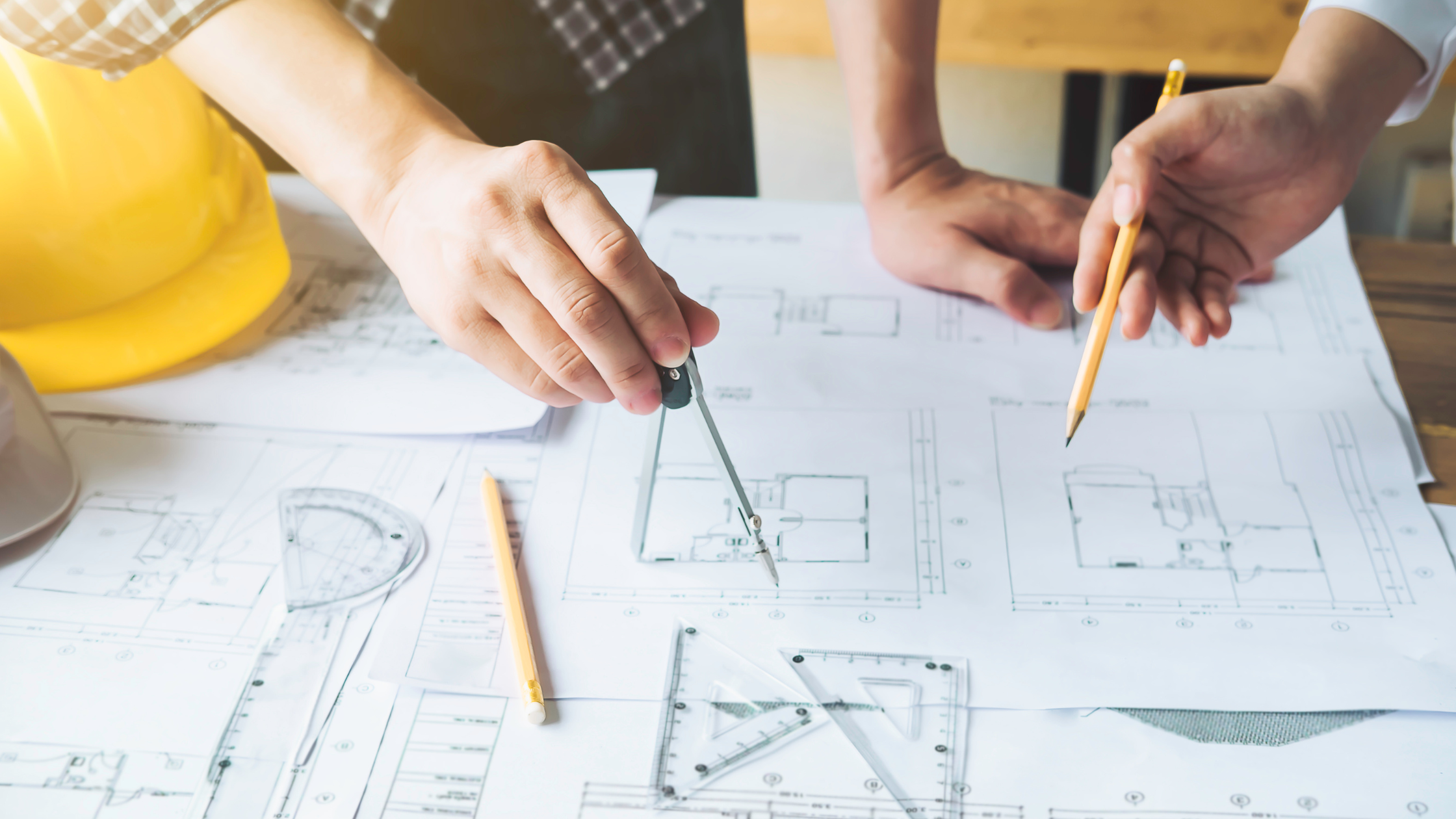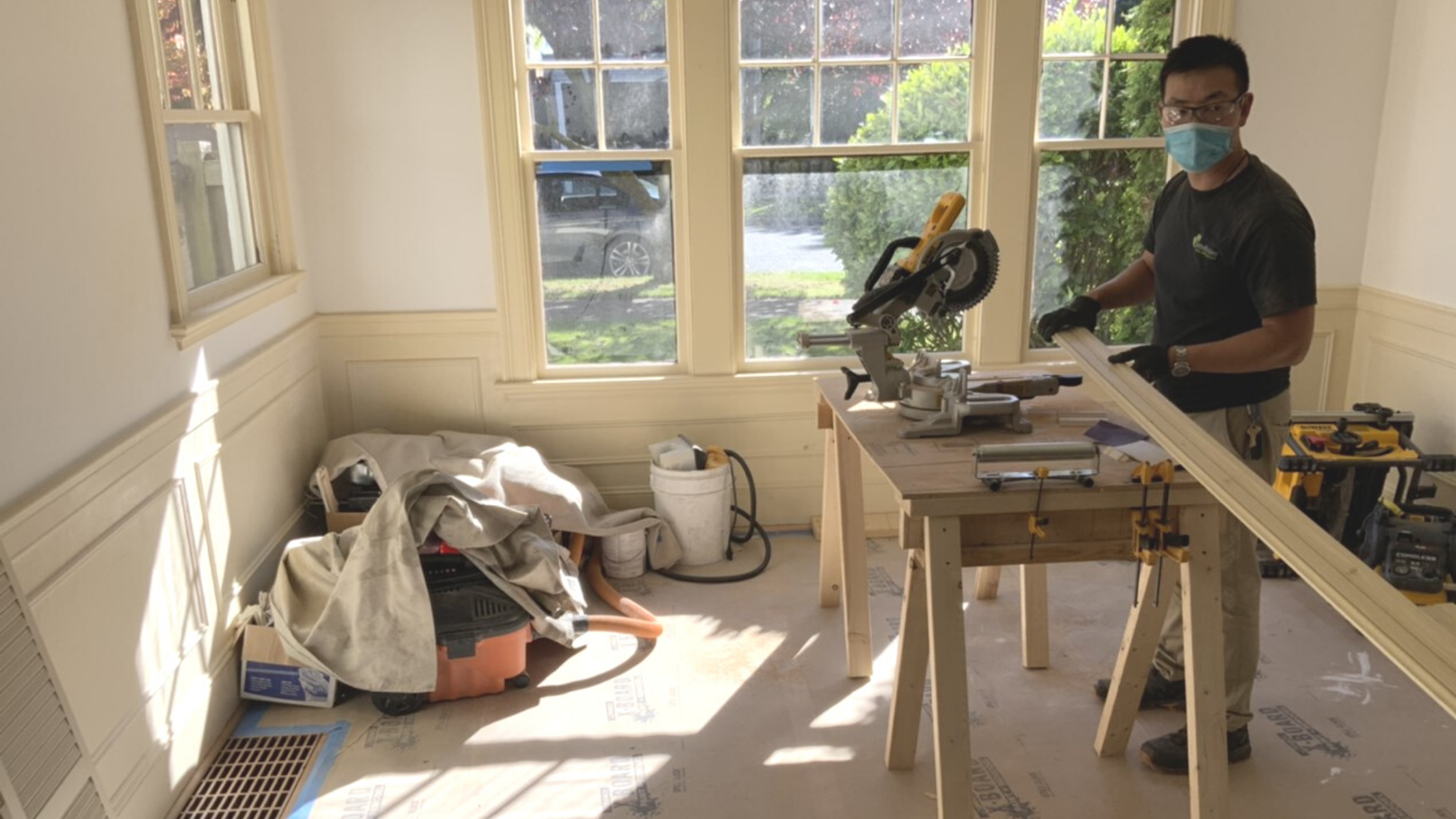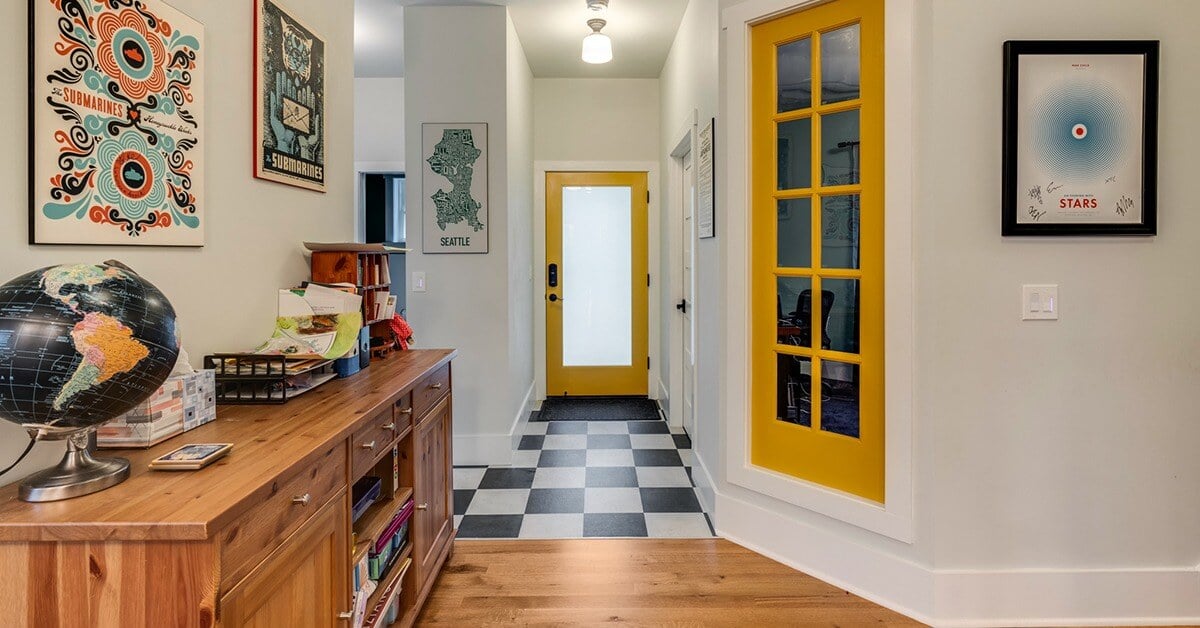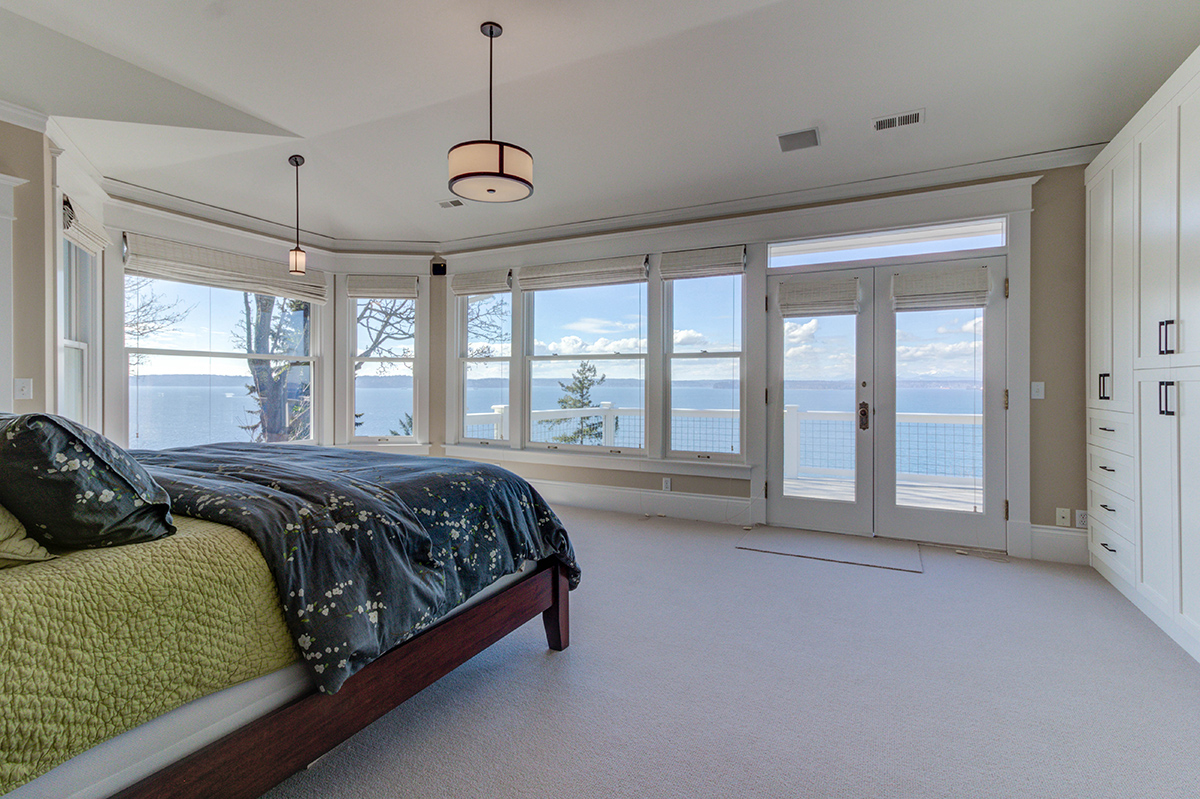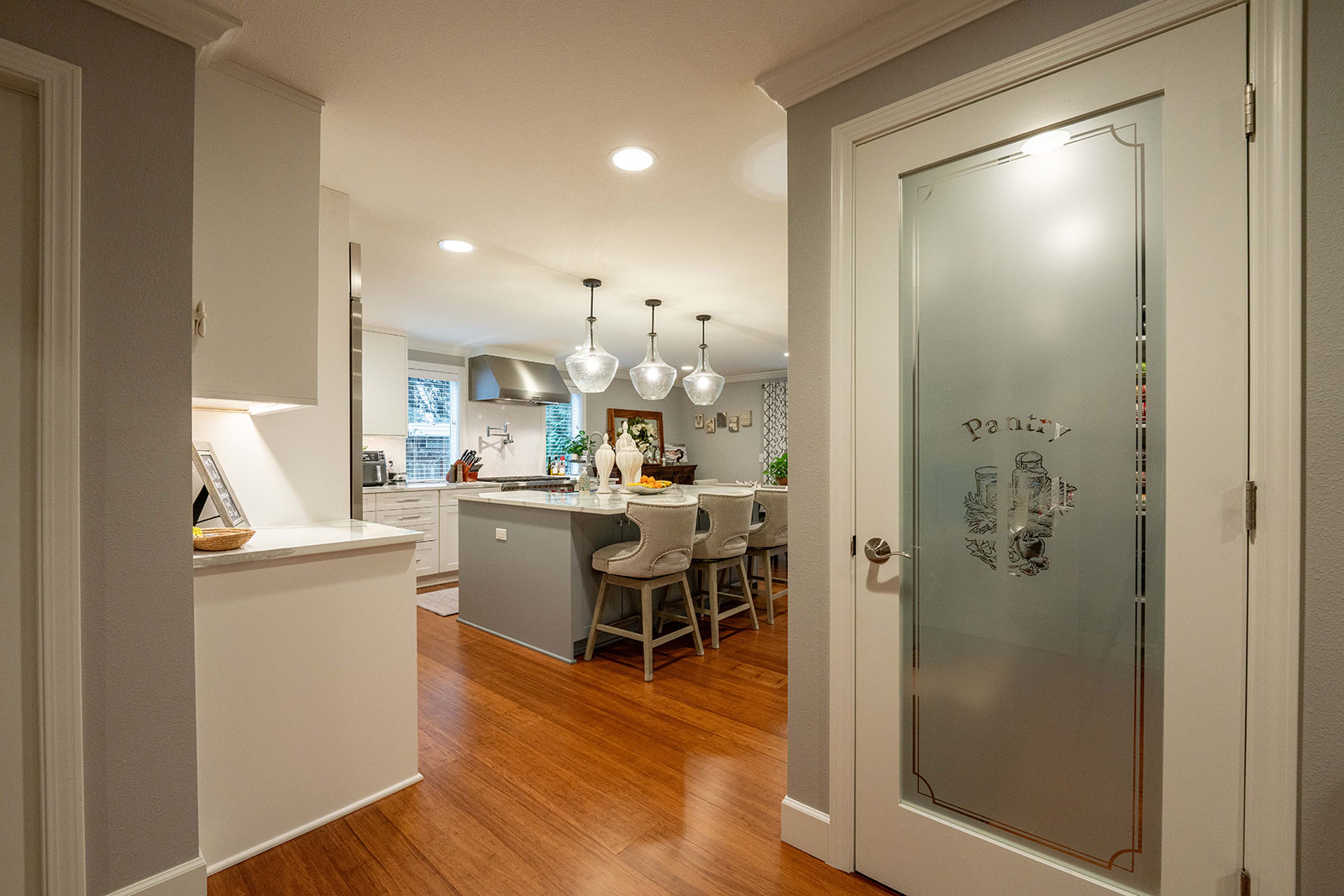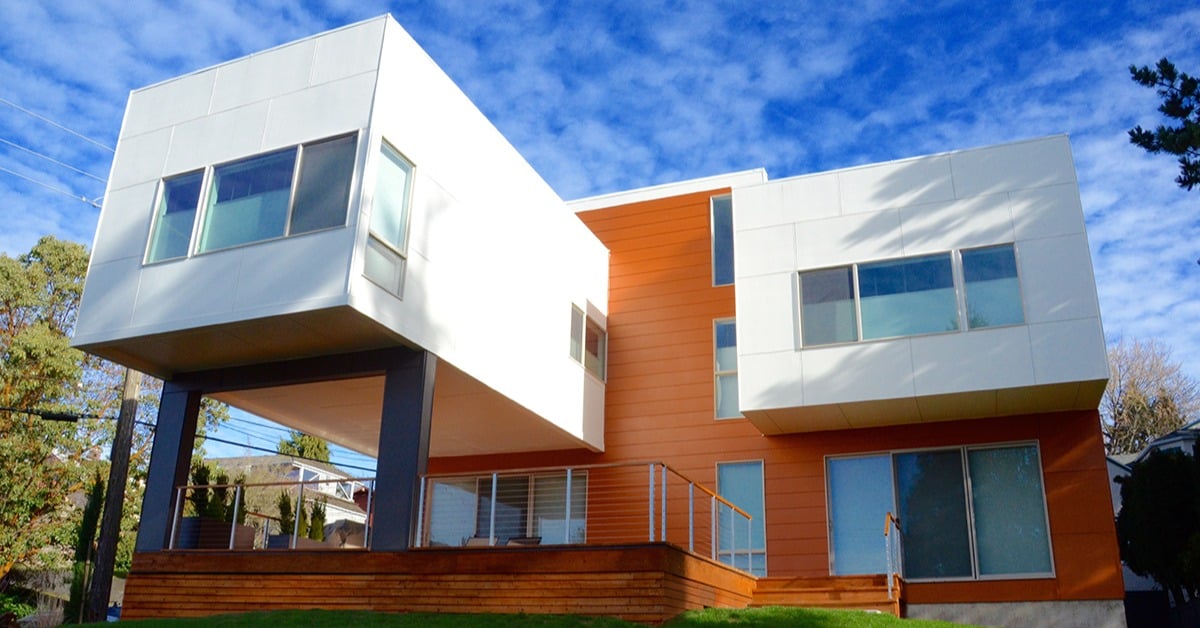Tearing down walls, adding square footage, building a new home, or completely reimagining your existing living space can be incredibly exciting. But amidst the thrill of endless possibilities, a crucial question often arises: Do you need a residential architect?
This article is here to shed light on that very question. We'll delve into the expertise and value a residential architect brings to the table, helping you determine if their involvement is the right fit for your specific project and budget.
Choosing Your Renovation Path: Traditional vs. Design-Build
When it comes to home design and renovation, homeowners have two main paths to choose from: Traditional Design-Bid-Build and Design-Build.
- Traditional Design-Bid-Build: With this approach, homeowners directly contract with an architecture firm, focusing primarily on wants and needs in design without much consideration for budget constraints. The homeowner is also responsible for vetting home builders and getting pricing on the architectural design to ensure it is buildable within their budget.
- Design-Build: A design-build firm, like Better Builders, offers design and construction services under one roof. This integrated approach ensures that the project is designed to meet the homeowner's desires and within the specified budget.
To learn more about the benefits of working with a design-build team, check out this article, “What is Design-Build Construction? Everything You Need to Know About This Innovative Approach to Building and Remodeling.”
Residential Architect vs. Residential Designer
Understanding the roles and differences between residential architects and residential designers is crucial. Architects typically focus on the overall aesthetic and structural aspects of the exterior, while residential designers specialize in interior style and functionality. Both have strengths and can play vital roles in home design, depending on the project's scope and requirements.
Residential Architects:
- With residential architecture, the architect is responsible for the overall exterior design, aesthetic, and function of the space, including roof lines, window styles, exterior finishes, building materials, and more. In some cases, an architect partner may also specialize in interior design.
- Architects will create scaled drawings of the home’s design, either digitally with CAD software or manually. These drawings will serve as blueprints for contractors and construction crews.
- Most architects will manage the design of structural aspects and assist with anything related to zoning and building permits. They can generate the official construction documents for your project.
- Architects are legally required to be licensed, whereas interior designers are not. They have more legal responsibilities since they work with structural integrity (the safety of your home).
- Typically, architects will have more extensive formal training before calling themselves architects. They may also have professional accreditation with organizations like the American Institute of Architects (AIA).
- Architects may have less knowledge of what it actually costs to build their designs.
Residential Designers:
- Designers generally specialize in style and interior aspects, whereas architects typically design structures.
- Like architects, some designers will generate comprehensive construction plans, including detailed drawings or blueprints. These plans can be created digitally using CAD software or traditional hand-drafting methods. They serve as a crucial guide for the construction team, ensuring the project's successful completion.
- The scope of a residential designer's work can vary. Some specialize in interior renovations and reconfigurations, while others have the expertise to handle projects that include structural changes to the existing home.
- Unlike architects, who generally focus on designing entirely new structures, residential designers have the expertise to redesign your current home. Their expertise lies in optimizing existing space through creative re-design, allowing you to maximize your existing layout.
- At Better Builders, our interior design partners will accommodate small home additions or minor roofline changes for residential projects, depending on the client’s needs. We will work with our architect partners if the project's scope is larger.
The Benefits of Design-Build
Both architects and interior designers have their place in home design. While the statements in our blog are true, some architects can do interior design very well, and some design firms can also manage architectural design projects. What’s more important is that you research the experience and expertise of those you work with, take the guesswork out, and go with an all-encompassing design-build firm.
To aid you through the process, we have compiled a list of 19 questions to ask when interviewing contractors, “19 Questions to Ask When Looking for the Right General Contractor.”
Using Design-Build With a Working Relationship With the Architect
Opting for a design-build approach offers several advantages, including streamlined communication, cost efficiency, and enhanced project management. By working with a design-build contractor who manages the design process, homeowners can avoid potential budget overruns and ensure a smoother transition from design to construction.
Here are a few important points to note:
- Design-build contractors commonly have a range of costs for each phase of design (high-low) based on the amount of time spent on the project by the designer or architect. This method eliminates the risk of working with an architect with an open-ended timeline and cost.
- Once the project reaches construction, the design-build contractor will work to solve any problems without having to re-engage with the architect because they have been involved from day one and intimately know your project. Whereas the traditional architect may want to be involved in the weekly construction meetings and will invoice for their time (hourly rate + travel costs to participate in weekly on-site meetings).
-
Design-build contractors often streamline the process by working directly with the architect. This eliminates the need for homeowner involvement in coordinating between the two, leading to greater efficiency. The design-build contractor is driven by designing the plans as efficiently as possible to protect the homeowners’ budget and ensure more than enough is available for construction.
- Traditional architectural services will estimate the design cost (their fees) to be within 10 - 15% of the project cost. For example, a project that is estimated to be $3,000,000 means you would be paying $300,000-450,000 in architecture fees before the build ever began. This could mean they’re motivated by elevating the complexity of the design and the project to increase their revenue. The design cost can become very expensive If the architect charges an hourly rate.
Buyer Beware: If you engage with your own architecture firm and have hired an independent contractor, remember that the contractor should not weigh in on design solutions that may impact the overall design aesthetic without consulting the architect or designer first. The negative aspect of this scenario is that the client is then responsible for managing the contractor-architect relationship.
Why Contractor Collaboration Matters
Many homeowners think the best place to start is to pick an architect or designer first and then choose a general contractor to build the completed design. However, choosing a contractor first or simultaneously as the architect/designer is recommended to ensure everyone is on the same page from day one. Better yet, partner with a design-build contractor who will streamline the entire process for you.
This article, “Top Reasons to Involve Your General Contractor in the Home Design Process,” explains why it's so important to involve your general contractor from the beginning.
The Importance of Contractor-Architect Partnership
Another important consideration is choosing a contractor with experience working with architects or designers. Building a positive working relationship between the contractor and architect/designer ensures an open line of communication and that both have the client’s best interest in mind, which is crucial for project success.
Choose Local: Expertise Ensures a Smooth Renovation
Additionally, selecting a contractor established in your community and familiar with local building codes and regulations can streamline the permitting process and avoid costly delays. A design-build contractor's knowledge and experience are crucial factors – the more they have, the fewer bumps you'll likely encounter during the project.
Make the Most of Your Time and Budget
Challenge traditional assumptions about the project planning process and consider partnering with a design-build contractor who can streamline the entire process for you. By working with a partner who prioritizes communication, collaboration, and efficiency, you can ensure a successful home renovation or new home construction project.
Remember, the relationship with your construction team is just as important as the design itself. Choose wisely and efficiently allocate your most valuable resources—time and money—to bring your dream home to life.
Discover how Better Builders' proven process will coach you through the home renovation process to ensure the outcome maximizes your budget and gets to the root of your true wants and needs. Download it here: "The Homeowner's Guide to Planning a Remarkable Renovation."

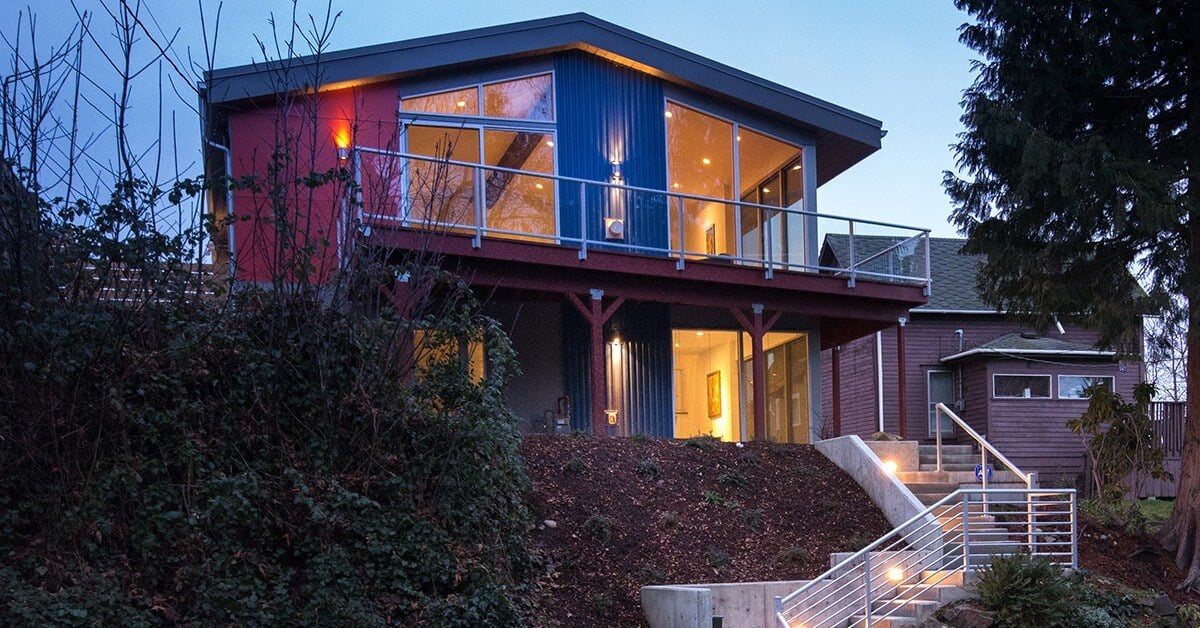








.png)
